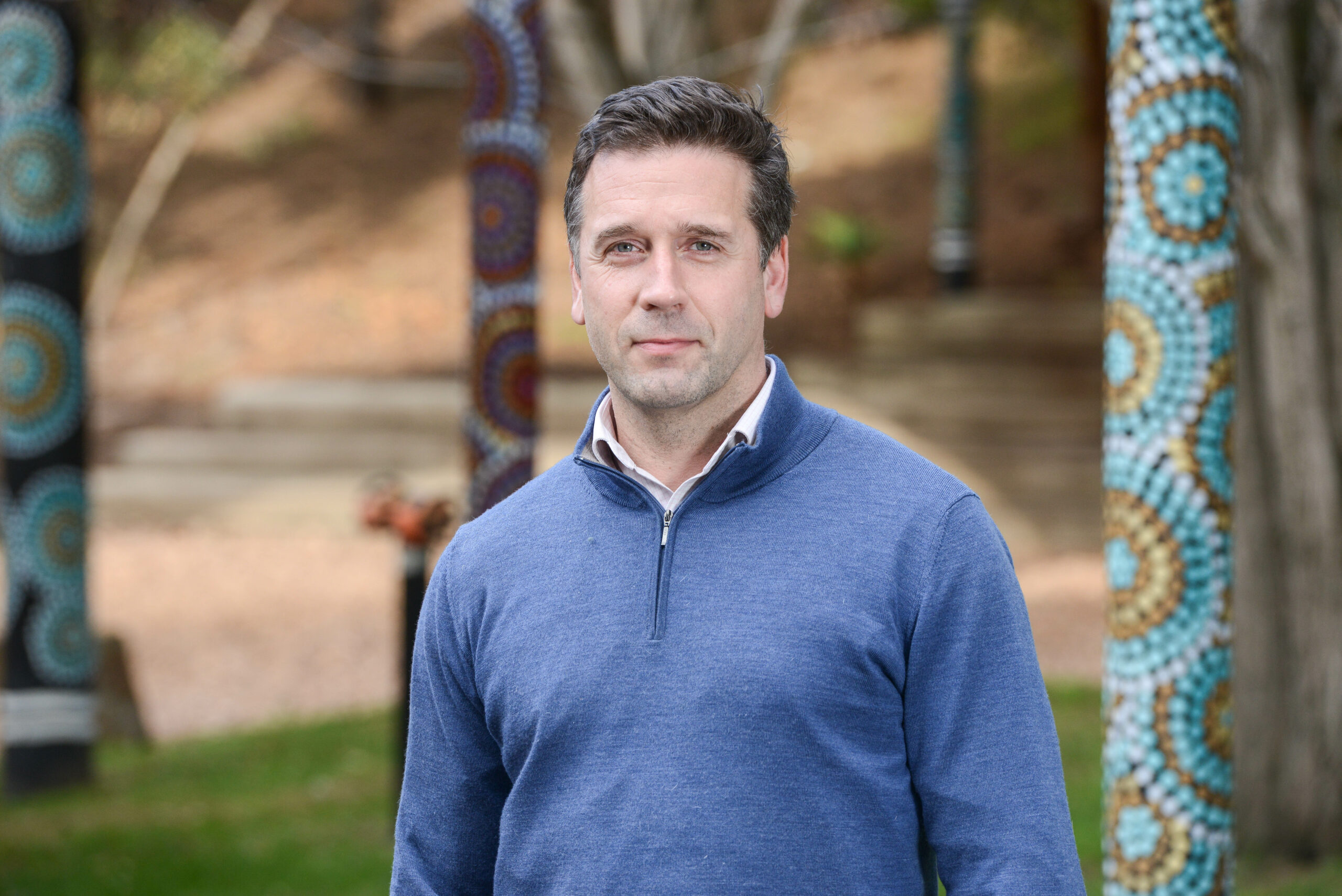Network To Deliver MRFF Success
A molecular microbiologist and microbial ecologist, Professor Geraint Rogers is the Director of the Microbiome and Host Health Program at the South Australian Health and Medical Research Institute.
As a Matthew Flinders Fellow and NHMRC Senior Fellow leading a laboratory based within the Flinders University School of Medicine and Public Health, Prof Rogers has led three successful Medical Research Future Fund (MRFF) project bids and believes the fund has opened up some of the most exciting research opportunities in a long time.
“For researchers who thrive on the opportunities that collaborative research provides and the stimulation of networked problem solving, the MRFF grants scheme has made a significant impact,” Prof Rogers says.
Established in 2015 the more than $20 billion fund has added a new dimension to research funding for medical scientists. It funds research according to set national priorities in a range of key areas which are assessed every couple of years, following wide national consultation.
“Before it was established there were two leading funding sources for Australian researchers and only one of them was targeted to medical and health research,” Prof Rogers says.
“Not only has the MRFF provided broader opportunities, but it has also introduced a fundamentally different approach to research, designed to take our work from the benchtop to translation quickly, and one that requires us to be agile and to use “muscles” we don’t normally use.”
The fund was developed to ensure a more responsive approach to emerging health needs in the wider community, and one clear example has involved boosting research into the many health challenges presented by the COVID-19 pandemic.
In a nutshell, Prof Rogers’ research focuses on all aspects of the human microbiome from the gut to the skin and respiratory tract and how it effects human health.
The vulnerability of older people in residential aged care came to national attention in the 2021 findings of the Royal Commission into Aged Care Quality and Safety but that was brought into sharp focus when COVID-19 hit, resulting in some of the highest death rates in the world for aged care residents.
“The pandemic exposed serious vulnerabilities for aged care residents, not only to this virus but also to the spread of viral infections more generally and finding ways to address that was one of the challenges set down by the MRFF,” Prof Rogers says.
In one project, Prof Rogers brought together a team of specialist researchers, doctors, engineers, health economists and industry partners to explore how Ultraviolet-C (UVC) light might be used in ventilation systems in residential aged care facilities to reduce airborne spread of the virus.
In two other projects, he looked at how airway microbiology might influence treatment outcomes for intubated COVID-19 patients, and how antimicrobial resistance to antibiotics may be transmitted within aged care settings.
Prof Rogers says the outcomes will have benefits for older Australians well beyond the pandemic by delivering new ways to battle viruses in residential aged care settings.
“The MRFF research model is powerful because it requires an interdisciplinary approach and is solutions-driven,” he says.
“As researchers it gives us opportunities to bring our expertise to a bigger table, beyond our unique skillsets.
“The key is to be involved in broad networks across the health sector, so that you have a good understanding of leading experts in a range of fields across the research, clinical and industry sectors and can quickly build a team that is fit for purpose.
“The MRFF has presented us with opportunities to break down research silos and work as a community of health researchers to be successful in securing funding and successful in rapidly delivering health solutions for our society.”
Committed to sharing his knowledge about the process of the MRFF Prof Rogers was among a handful of experts from Canberra, leading local health professionals and successful researchers who presented at the recent South Australian Medical Research Future Fund Summit held at Flinders University.
Hosted by Health Translation SA, in conjunction with partners the Southern Adelaide Local Health Network and Flinders University, the Summit provided the opportunity for Prof Rogers and other successful MRFF recipients to discuss and explore opportunities to be able to attract more MRFF funding to South Australia (SA).
Health Translation SA’s MRFF working group is continuing to support researchers like Prof Rogers to respond to health system needs and increase the share of health and medical research funding coming to SA.
